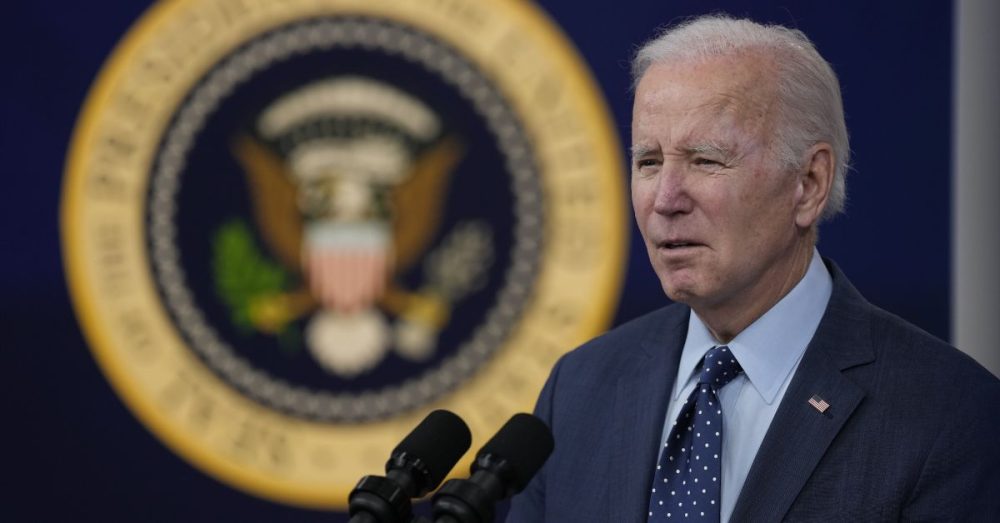Reports indicate that President Joe Biden may make a last-ditch effort to radically transform the legal framework of the United States by pushing for term limits and an enforceable ethics code to be imposed on the Supreme Court.
As previously reported by The Dallas Express, Biden caved to pressure from Democratic officials and big-money donors calling on him to drop out of the race. Now a de facto lame-duck president, the 81-year-old commander-in-chief might be looking to leave his mark on the country (outside of the record-high illegal immigration and lingering inflation).
Here’s some of what Fox News reported on his plans for the nation’s highest court:
President Biden is set to propose several changes to the U.S. Constitution on Monday to make good on his promise to reform the Supreme Court, according to a report.
In a reversal from the president’s longstanding resistance to changes to the high court, Biden said on Wednesday that Supreme Court reform would be among his top priorities for the remainder of his term in office. Biden announced Sunday that he would not seek re-election after mounting pressure from Democratic Party officials who asked him to step aside after his widely panned debate performance in June.
The president is expected to propose setting term limits for justices on the Supreme Court, which would require a constitutional amendment, and establishing an enforceable code of ethics, which could be enacted by Congress, Politico reported.
Biden is also likely to voice support for a constitutional amendment that would limit immunity for presidents and certain other officeholders after the court ruled in July that presidents cannot be prosecuted for “official acts” during their time in office. The court’s ruling stemmed from a case concerning former President Trump.
The framers of the Constitution intentionally made it difficult to amend. A two-thirds majority of both the House and the Senate needs to pass any proposed amendment, which is then sent to the states for ratification. It must be approved by three-fourths — 38 — of the 50 states to become the supreme law of the land.


